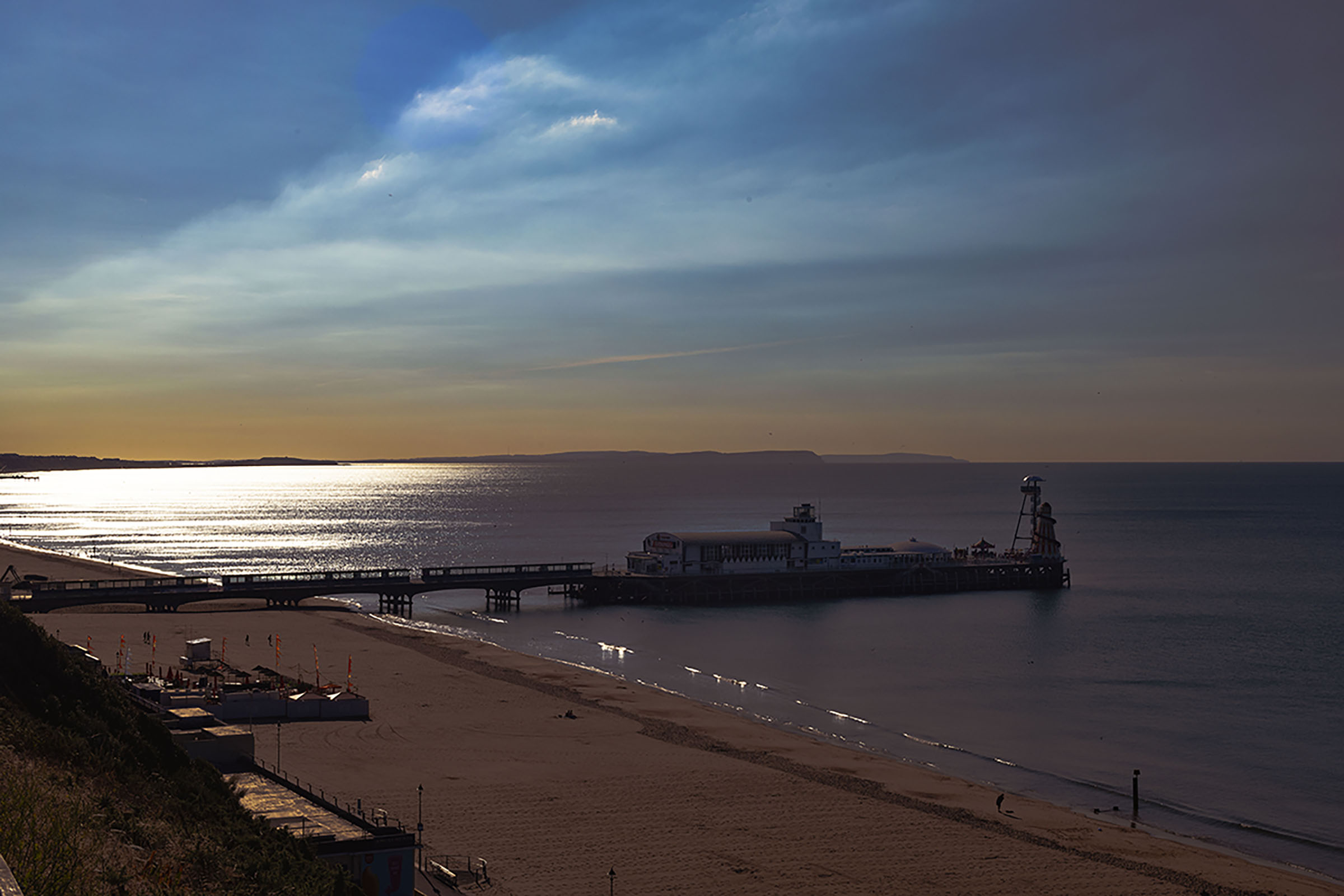Recently, I published an article regarding the pitfalls of socialised medicine and totally unreleated, president elect Trump spoke about the cost of prescription medication. After hearing Trump speak, it made me reflect about my experiences with both the US and UK health care system.
Trump is right, Americans do pay too much for prescription medication. In the UK for example you can get weight loss medication for about £120 if you go private or if you are type 2 diabetic then you can get the medication for no cost. Whereas in the US, without insurance covering the cost for the weight loss medication, it can easily run $1,000 per month.
If you live in the US then you may feel anger because the medication is about 85% cheaper in the UK. While I am a big supporter of Trump, personally, I do not believe getting rid of the ‘middleman,’ will make medication prices competitive like the UK. Why?
When you peel back the layers of what goes into the cost there a major fundamental differences between the US and UK. For example, in the UK, medication advertisements are banned for prescription medication. Meaning pharmaceutical companies cannot promote medications on television nor sponsor events to promote their medication. Likewise, in the UK it is the government that negotiates prices and does a cost benefit analysis before medication is approved. Furthermore, in the UK, health care workers are paid a fraction of what their US counterparts make. Finally, the UK legal structure is different and punative damages, are rarely if ever awarded. This means litigation costs are less.
At this point, you may feel that I have missed the biggest problem IP rights. Most of us, do not realise the sheer cost involved in researching, developing, testing, publishing, and then marketing a drug. For most drugs, it takes years of researching, testing, and reviews before a drug hits the market. This is to ensure the drug is safe, to identify the side-effects, to identify the correct doseage, and the population for the drug. For a drug to enter the market place, the developer has spent hundreds of millions of dollars. IP rights is the mechanism that allows the developer to recover their costs before they face competition. Without IP protection, orphan drug development and development of vaccines, like COVID, would cease. Instead medications would be developed based on high demand like for baldness, ED, and other cosmetic needs. For me, I do not see IP rights as a driver of price but a mechanism to encourage development.
This brings me to the next part of my discussion, what is it like in the UK to get medication. If you have read my earlier article, you will notice I am not the biggest fan of socialised medicine. Unlike the US, where you can walk into your pharmacy and ask for a refill. In the UK, you have to contact your GP then within 72 hours your GP notifies your pharmacy. Depending on the medication and the pharmacy the medication may be available. If it is not available then you may have to wait a week. With one of my medications, I have had to switch it twice because there were shortages. Luckily, after my second switch my current medication, so far, has not faced supply issues.
The above, highlights one issue of cutting out the ‘middleman’ but what no one in the UK admits is that cost factors into prescribing. One of the medications I take took me over a year to get because I had to wait because my GP, in the UK, was not trained to prescribed it. Worst yet, before waiting a year for the prescription, I endured two (2) years of misery due to side effect because I was being prescribed the cheapest medication first instead of what would work for me. If I was in the US, the right medication would have been prescribed after a 15 minute appointment and I would have not had to endure two years of side-effects.
As Americans debate how to reduce the obsence cost of medications, there is one point Americans must remember, no system is perfect. While many Americans wish for a NHS style system of health care, the NHS has its downside and the older you get, the more noticiable it becomes. For me, I fell out of love with the NHS when I had to wait over a year for a prescription that, if I were in the USA, I would have received after 1 – 15 minute appointment and to make it worse, I endured two years of side-effects because the right medication for me was more expensive than the alternatives. A rush to remove the ‘middleman’ without fully understanding the complexities involved may actually drive costs up and make the system worse. From my experiences, I prefer the US system because GPs are properly trained and you do not have to wait a year to get the medication you need. In conclusion, the UK health care system may seem attractive for Americans but the reality, there are a lot of drawbacks. If you cut out the ‘middleman’ then you need to be prepared for what will follow.
Copyright (c) Be Berry Informed 2024 – All rights reserved.

